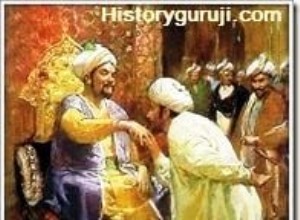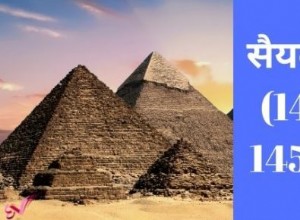The second ruling family of the Delhi Sultanate was the Khilji dynasty. This dynasty was founded by Jalaluddin Khilji, who started his life as a soldier. Although the Khilji clan had been settled in Afghanistan for a long time, this dynasty, like its predecessor Ghulam Sultans, was originally from T




